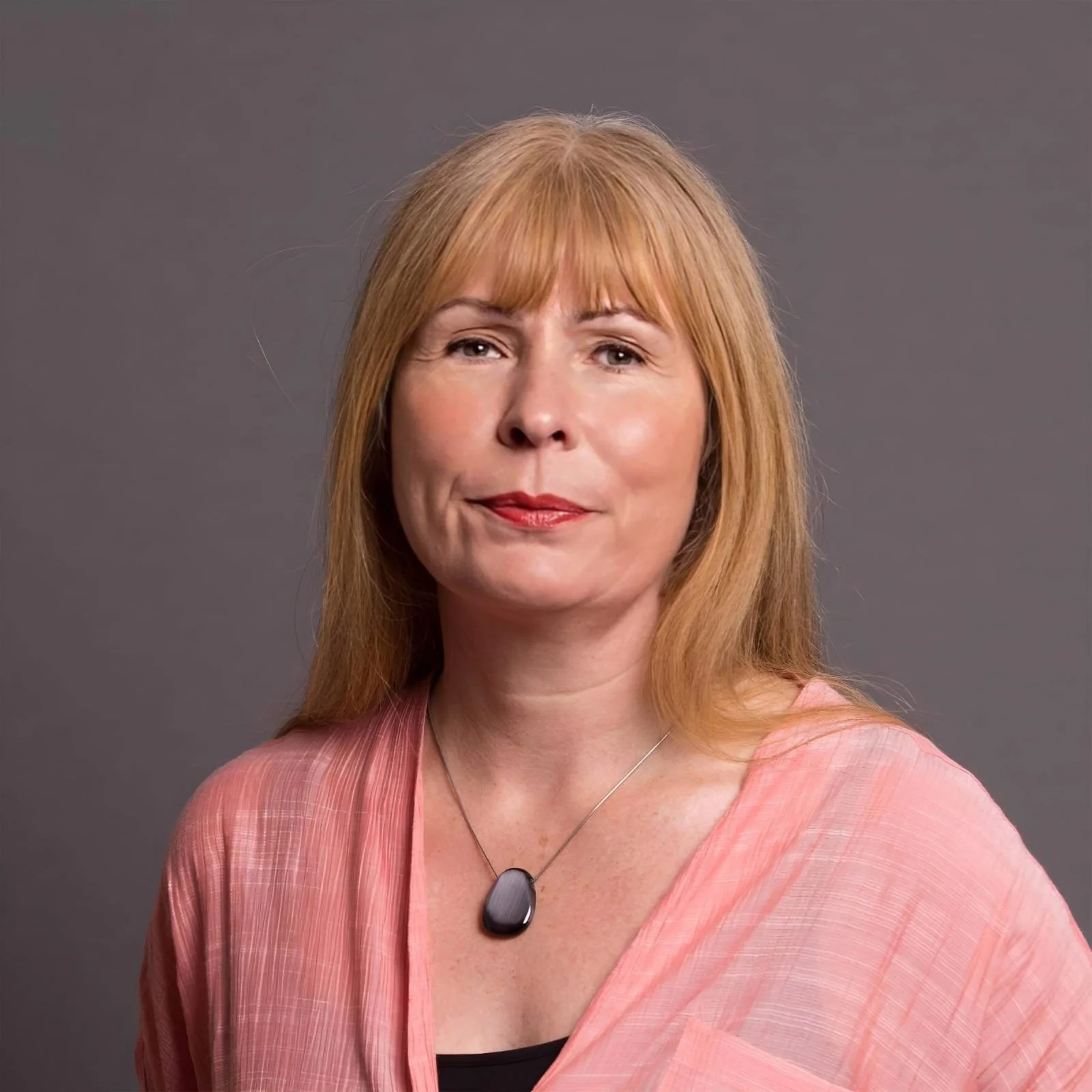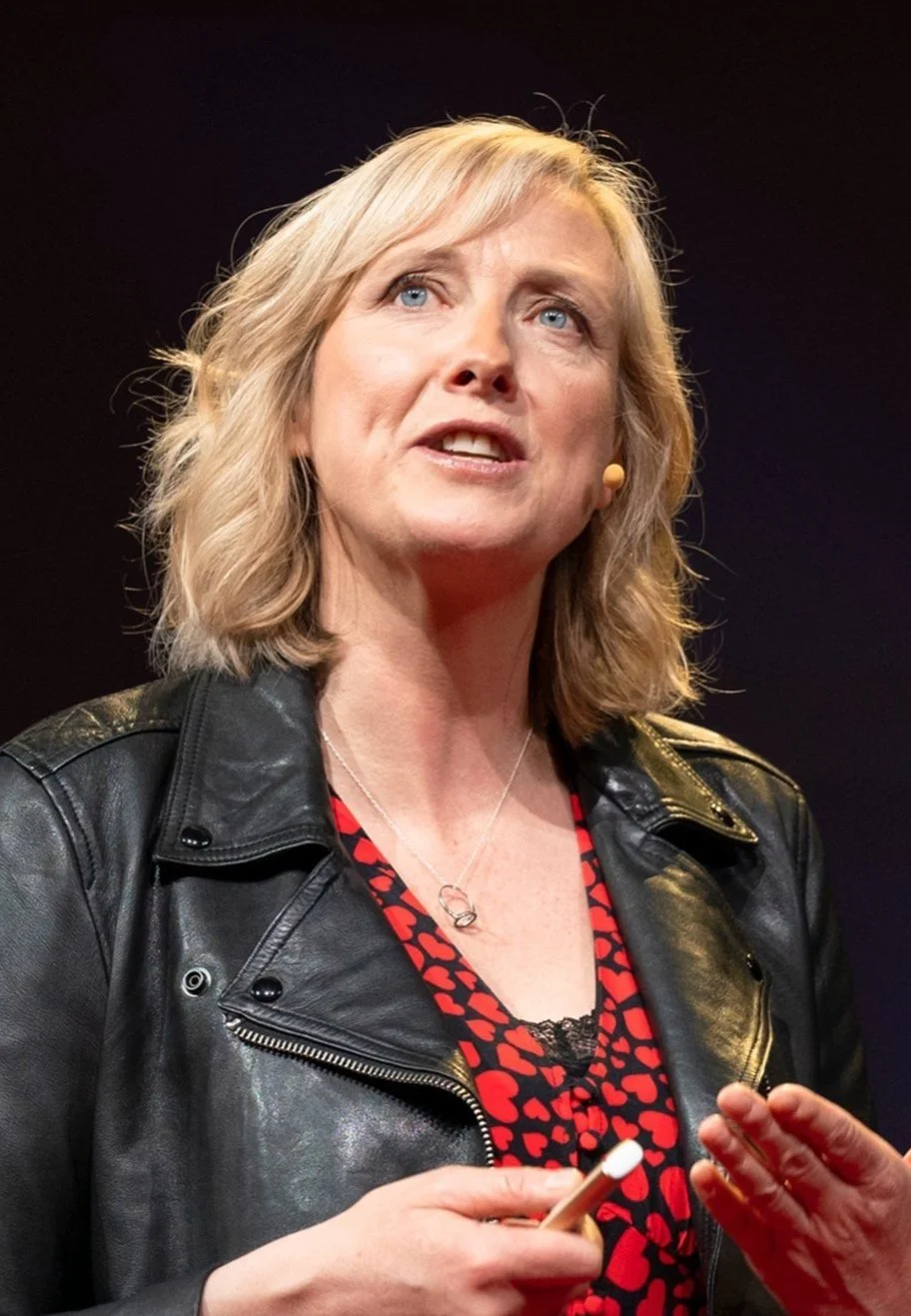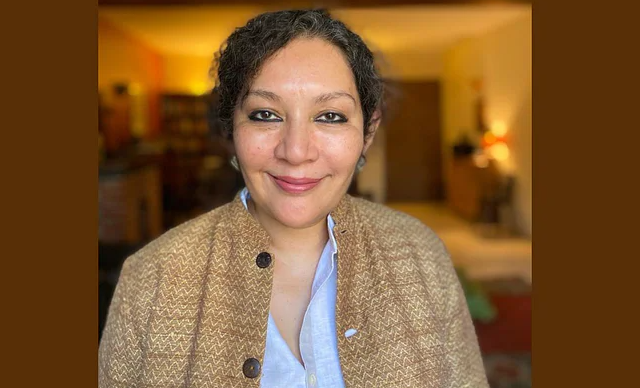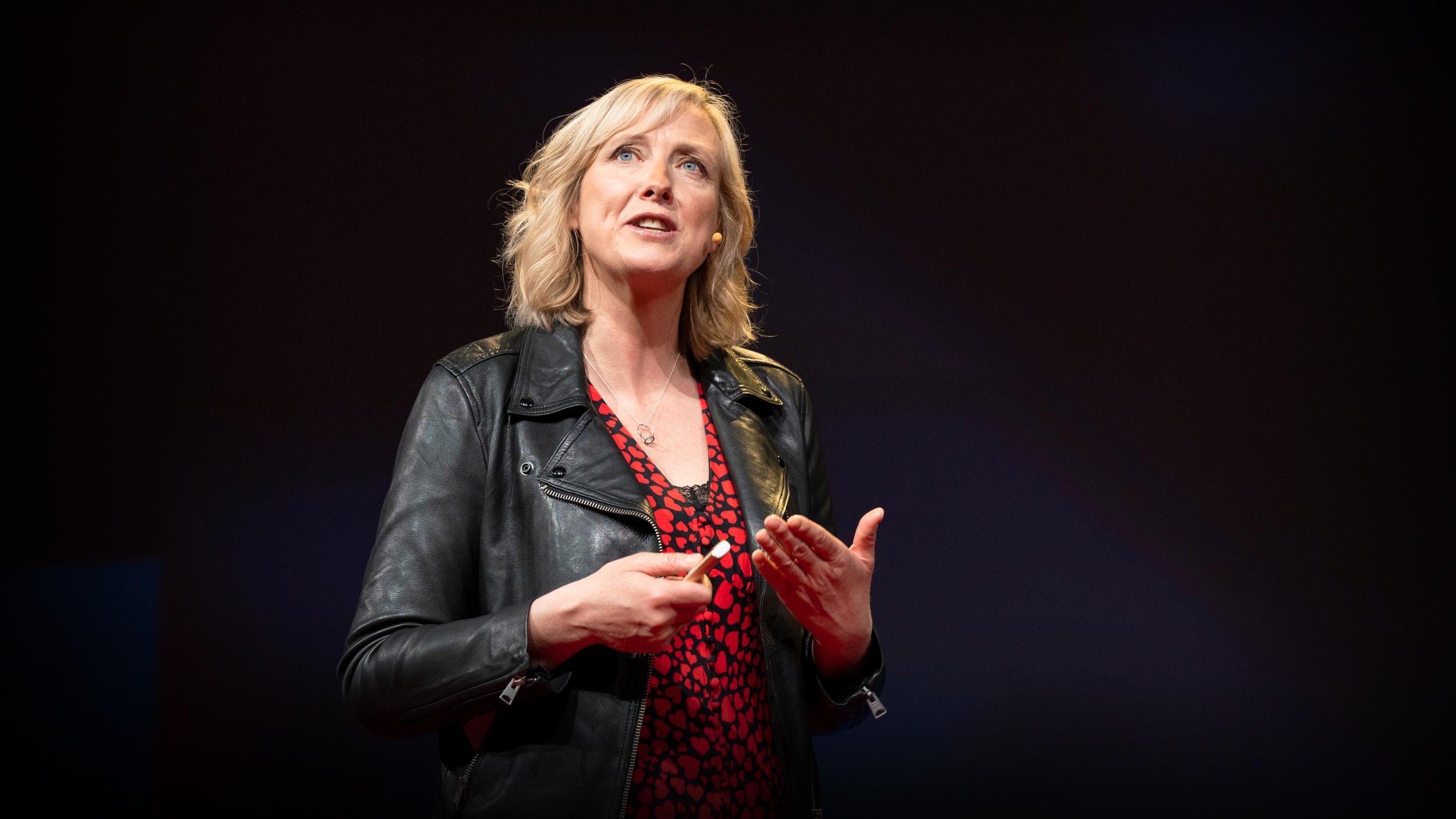United Kingdom: WPF Condemns Hacking and Suspected Surveillance of Samantha Asumadu
Hacking attempts are violation of personal privacy and direct attack on press freedom
Location: United KingdomDate: August 5, 2024Samantha Asumadu’s experience shows the alarming rise in digital surveillance and intimidation against investigative journalists. Her case, involving hacked social media accounts, tracking devices, and a history of unexplained digital breaches, exemplifies how these tactics can be weaponized to muzzle press freedom. These violations suggest a coordinated effort to stifle Asumadu’s reporting on sensitive topics, including far-right movements and the actions of powerful political figures, which pose a significant threat to the independence and safety of journalists. The invasive nature of the attacks—particularly when timed with her publication of politically charged investigations—demonstrates an apparent attempt to dissuade her from pursuing her work and serves as a broader warning to the journalistic community. The psychological toll of surveillance and hacking can cause high levels of anxiety and stress, making journalists feel unsafe, which in turn leads to reduced focus, performance, and eventual burnout. This emotional strain can also force journalists to self-censor, limiting their freedom to report. Women Press Freedom stands in full solidarity with Samantha Asumadu, denouncing any use of surveillance and intimidation to silence investigative journalism. We urge authorities to thoroughly investigate these breaches, hold the perpetrators accountable, and implement stronger protections for journalists like Asumadu.
Samantha Asumadu, a UK-based freelance journalist and founder of the Media Diversified organization, has experienced several instances of digital intrusion. As a seasoned journalist with a background working with outlets such as The Guardian, CNN, and Al Jazeera, Asumadu reported hacking attempts on her social media accounts and the discovery of suspected tracking devices linked to her phone. These incidents have raised serious concerns about targeted intimidation and surveillance, possibly connected to her investigative reporting or past activism.
Asumadu, who has shifted her focus in recent years away from activism toward journalism solely, recounts to Women Press Freedom how the hacking attempts developed.
On August 5, 2024, three of her X accounts, all publicly associated with her, were breached, all traced back to IP addresses from the same country.
This occurred just one day after she published a thread on X, scrutinizing the activities of far-right and far-left figures, including Claire Fox former MP and Baroness of Buckley, suggesting that recent far-right riots in England and Northern Ireland were coordinated by influential pro-Brexit organizations. “My third article, the most sensitive one, was pending release when something bizarre occurred—within 45 minutes, all my associated Twitter accounts were hacked.” Asumadu published an investigation on this for the Canary on August 10, 2024.
After discovering the social media hacks, Asumadu scanned her phone for AirTags, “something I regularly do to detect surveillance,” explains the journalist. “And for the first time, I found two.” The discovery of unfamiliar devices linked to her phone intensified her fears.
Asumadu, who was in a public space at the time, immediately felt threatened and took screenshots of the suspicious AirTags. Fearing for her safety, she left her home for several days, seeking refuge at a friend’s house and later at a hotel.
The situation mirrors an incident two years prior when Asumadu suspected her laptop had been compromised. At the time, Asumadu was trying to distance herself from activism by focusing on her book. Her writing process was interrupted when her Chromebook asked for an unfamiliar login—an email address that closely resembled hers but wasn’t hers. Despite taking it to IT experts, they couldn’t resolve the issue or explain who was behind the attempt. This led to a year of leaving the laptop unused, fueling paranoia about surveillance and hacking.
In another unsettling episode, she recounted how photos taken with a contact she suspected could have been surveilling her, mysteriously disappeared from her phone when she had not deleted them. The photos remained in her cloud storage.
Asumadu has not ruled out the possibility that British security services may be involved, given her investigative work, including her interview with Tom Fowler, a man with deep insights into state infiltration of activist networks, and her inquiries sent to prominent figures and outlets investigating the recent riots in the UK. Asumadu also thinks that her past activism against the Nationality and Borders Act, which she believes disproportionately targets marginalized groups, has also made her a target for surveillance and far-right agitators.
“Whilst I don't always know where a threat is. I know there is a threat,” says Asumadu. “Security services/special branches etc. follow both activists and journalists. Activists are hyper-vigilant in different ways. They are used to their groups being infiltrated. The thing with me is. I am an activist and a journalist. So, I am hyper-vigilant in both ways. It’s served me quite well so far.”
Whoever is behind the hacking, Asumadu also believes that given the clumsy nature, it could be an attempt to intimidate her, make her feel paranoid, and dissuade her from publishing sensitive investigations. But Asumadu remains undeterred. Her resolve to uncover the truth and continue her work remains unshaken.
To those behind the attacks, she states defiantly. “Leave me alone to get on with my work. I deserve safety and autonomy as much as any other working journalist in the UK.”
UK Government and Surveillance of Journalists
There is a troubling history of government surveillance of both activists and journalists in the UK. Recently in Northern Ireland, former Assistant Chief Constable of the Police Service of Northern Ireland (PSNI) claims a covert unit within the police monitored the phones of journalists and lawyers using a dedicated laptop to evade oversight. This unit reportedly operated from 2011 or 2012 to 2017, tracking phone records to identify connections with legal professionals and journalists. The PSNI denies these allegations, asserting that they used secure systems with standard scrutiny. A review of police surveillance practices involving journalists has been initiated following similar allegations of unlawful surveillance.
Under the UK’s Investigatory Powers Act 2016, also known as the Snoopers' Charter, intelligence agencies like MI5 and MI6 have had the authority to collect and search confidential journalistic material obtained through bulk hacking operations without needing prior independent approval. This means that these agencies could access and retain journalists' communications and sources without judicial oversight.
In February 2024, the UK government agreed to add new safeguards to the act to better protect journalists' sources. Following a legal challenge by Liberty, a human rights organization, the government has committed to requiring an independent review before intelligence agencies can access or retain journalists' texts, emails, or calls from bulk hacking data. While this is a welcome step in the right direction and long overdue, Women Press Freedom now calls for transparency on all investigations targeting journalists that were initiated by British security services in the past.
Hacking and Surveillance Targeting Women Journalists is on the Rise
The hacking and surveillance of women journalists, like Asumadu, are part of a broader global trend. Spyware like Pegasus, which is exclusively sold to governments, has been used to target journalists, politicians, and activists. The NSO Group, creators of Pegasus, have been blacklisted by the U.S. government due to its use in monitoring journalists. In 2023, the editor of exiled Russian outlet Meduza, Galina Timchenko revealed she was hacked in Germany with Pegasus spyware. This year it was also discovered on the phones of several Russian and Belarusian journalists who were infected while in Europe.
The hacking and suspected surveillance of Samantha Asumadu are a grave affront to press freedom and personal privacy in the United Kingdom. These malicious acts represent a clear and deliberate attempt to intimidate and silence investigative journalism, particularly when Asumadu's work challenges powerful interests and addresses contentious issues. Women Press Freedom vehemently condemns this egregious violation of journalistic integrity and personal security. We demand a thorough and transparent investigation into these breaches, urging the UK authorities to hold those responsible accountable and to implement robust measures to protect journalists from such invasive tactics.
Women Press Freedom is an initiative by The Coalition For Women In Journalism
The Coalition For Women In Journalism is a global organization of support for women journalists. The CFWIJ pioneered mentorship for mid-career women journalists across several countries around the world and is the first organization to focus on the status of free press for women journalists. We thoroughly document cases of any form of abuse against women in any part of the globe. Our system of individuals and organizations brings together the experience and mentorship necessary to help female career journalists navigate the industry. Our goal is to help develop a strong mechanism where women journalists can work safely and thrive.
If you have been harassed or abused in any way, and please report the incident by using the following form.



































